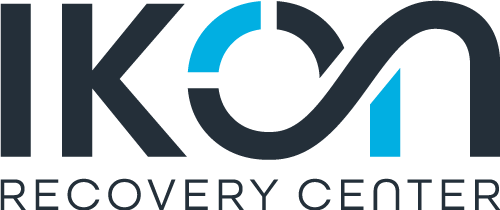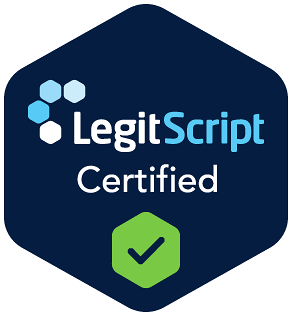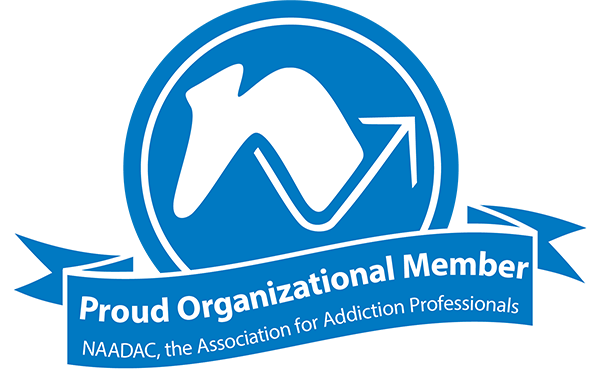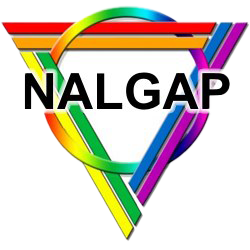Addiction and co-occurring mental health challenges are multifaceted and inherently complex. At Ikon Recovery, we’re always seeking innovative, unique, and holistic treatment solutions to fit your diverse needs. Through transcranial magnetic stimulation (TMS) therapy and other evidence-based interventions, we’re committed to providing comprehensive care that connects to you and enlightens your path to recovery.
TMS Therapy
For Addiction Recovery
Power Your Recovery Journey With TMS Therapy At Ikon
Harness the Potential of Lasting Change
with TMS Therapy
What Is TMS Therapy?
Transcranial magnetic stimulation therapy is a non-invasive medical procedure used to treat certain mental health conditions, particularly major depressive disorder (MDD) and other mental health conditions.[1] TMS involves the use of a magnetic field to stimulate nerve cells in the brain, influencing the brain’s natural electrical activity.
First developed in the mid-1980s, TMS therapy has been approved by the Food and Drug Administration (FDA) to treat the following conditions:[2][3]
- Major depressive disorder
- Treatment-resistant depression
- Obsessive-compulsive disorder
- Smoking
- Migraines
TMS therapy is administered by trained healthcare professionals, often under the supervision of a psychiatrist or medical doctor. Sessions usually last anywhere from 20 to 40 minutes and can be delivered on a daily basis from four to six weeks on average.
Ikon Recovery Center is dedicated to providing TMS therapy to empower your journey toward better mental health and well-being. Our team of experienced professionals, including psychiatrists and trained TMS technicians, collaborates to deliver the highest standard of care. We tailor each component of your treatment plan to meet your unique needs, delivering an unparalleled recovery experience.
How (and Why) TMS Therapy Works
TMS therapy operates by utilizing magnetic fields to stimulate nerve cells in the brain.[4] During a TMS session, an electromagnetic coil is positioned against the scalp near the forehead. This coil generates magnetic pulses that pass through the skull, stimulating nerve cells in the targeted region of the brain. The magnetic pulses induce small electrical currents in the neurons of the brain. These currents activate or modulate the firing of neurons in the stimulated area.
TMS is theorized to influence several mechanisms, including neuroplasticity, which induces changes in neural circuits, fostering the brain’s ability to reorganize over time.[5] Another facet involves neurotransmitter regulation, where TMS influences the release and balance of mood-regulating neurotransmitters like serotonin and dopamine. Furthermore, TMS may impact brain connectivity, restoring balance in circuits linked to mood disorders.
As TMS therapy continues to show promise in influencing neural circuits, neurotransmitter regulation, and brain connectivity, ongoing research seeks to uncover its broader applications as well. While TMS has demonstrated its effectiveness, ongoing research aims to deepen our understanding of its mechanisms and refine its use in personalized treatment plans.
Ikon distinguishes itself by providing an experience-driven and personalized approach to your treatment, including our TMS therapy offerings. Our team is devoted to delivering top-tier care to empower your unique recovery journey. Uncover the transformative potential of TMS at Ikon, where your well-being always takes center stage.
The Efficacy of TMS Therapy
Initially designed to address depression and mood disorders, TMS therapy has gained support as a safe, cost-effective tool for the treatment of substance use disorders as well.[6] Several studies have posted that TMS therapy shows promise as a viable intervention for addiction, with emerging evidence suggesting that TMS can contribute positively to a comprehensive treatment approach to substance use issues.[7][8]
TMS therapy is also a potentially useful treatment for co-occurring disorders often seen in tandem with addiction, such as depression. The clinical efficacy of TMS for depression, mood disorders, and OCD is well-established, with many studies noting its effectiveness in improving symptoms.[9]
TMS Therapy at Ikon Recovery Center
High-quality, effective addiction treatment is never cookie-cutter. Ikon Recovery Center passionately believes that your well-being deserves a personalized and high-caliber approach. We understand that effective addiction treatment is never one-size-fits-all. We’re driven to give you the kind of individualized care you need, recognizing the nuances of your experience and fostering a supportive environment conducive to creating lasting, positive change.
Treating Addiction
Frequently Asked Questions about TMS Therapy
Is TMS therapy the same as electroshock therapy?
No, TMS therapy is not the same as electroconvulsive therapy (ECT), often colloquially referred to as “electroshock therapy.” While both are forms of neuromodulation and involve the use of electrical currents to influence brain activity, TMS is non-invasive and utilizes magnetic fields, whereas ECT utilizes controlled electrical currents to induce a seizure.
Is TMS therapy safe?
TMS therapy is generally considered safe with minimal side effects. The most common side effect is a mild headache, which tends to be temporary. It is a non-invasive procedure, and patients remain awake during the sessions.
Is TMS therapy painful?
TMS therapy is generally well-tolerated and usually not painful. During the session, some individuals may experience mild discomfort or a tapping sensation on the scalp at the treatment site. However, this discomfort is usually temporary and does not cause significant pain.
How do I know if TMS therapy is right for me?
Our team will assess your medical history, symptoms, and treatment needs to determine if TMS therapy is a suitable option. Individuals with co-occurring issues (such as depression) or who haven’t responded well to other treatments may be candidates for TMS.
Can TMS therapy be combined with other treatments?
TMS therapy is often used in combination with other therapeutic approaches, such as medication and psychotherapy. Our team will assess your specific situation and collaborate with you to create a comprehensive treatment plan that addresses your individual needs.
Sources
[1] Saini, R., Chail, A., Bhat, P., Srivastava, K., & Chauhan, V. (2018). Transcranial magnetic stimulation: A review of its evolution and current applications. Industrial Psychiatry Journal, 27(2), 172. Retrieved from https://doi.org/10.4103/ipj.ipj_88_18 on November 17th, 2023
[2] Rizvi, S., & Khan, A. M. (2019). Use of Transcranial Magnetic Stimulation for Depression. Cureus, 11(5). Retrieved from https://doi.org/10.7759/cureus.4736 on November 17th, 2023
[3] LCD – Transcranial Magnetic Stimulation (TMS) in the Treatment of Adults with Major Depressive Disorder (L34522). (n.d.). Www.cms.gov. Retrieved from https://www.cms.gov/medicare-coverage-database/view/lcd.aspx?lcdId=34522&ver=29 on November 17th, 2023
[4] Siebner, H. R., Hartwigsen, G., Kassuba, T., & Rothwell, J. C. (2009). How does transcranial magnetic stimulation modify neuronal activity in the brain? Implications for studies of cognition. Cortex, 45(9), 1035–1042. Retrieved from https://doi.org/10.1016/j.cortex.2009.02.007 on November 17th, 2023
[5] PENG, Z., ZHOU, C., XUE, S., BAI, J., YU, S., LI, X., WANG, H., & TAN, Q. (2018). Mechanism of Repetitive Transcranial Magnetic Stimulation for Depression. Shanghai Archives of Psychiatry, 30(2), 84–92. Retrieved from https://doi.org/10.11919/j.issn.1002-0829.217047 on November 17th, 2023
[6] Bolloni, C., Badas, P., Corona, G., & Diana, M. (2018). Transcranial magnetic stimulation for the treatment of cocaine addiction: evidence to date. Substance Abuse and Rehabilitation, Volume 9, 11–21. Retrieved from https://doi.org/10.2147/sar.s161206 on November 17th, 2023
[7] Enokibara, M., Trevizol, A., Shiozawa, P., & Cordeiro, Q. (2015). Establishing an effective TMS protocol for craving in substance addiction: Is it possible? The American Journal on Addictions, 25(1), 28–30. Retrieved from https://doi.org/10.1111/ajad.12309 on November 17th, 2023
[8] Feil, J., & Zangen, A. (2010). Brain stimulation in the study and treatment of addiction. Neuroscience & Biobehavioral Reviews, 34(4), 559–574. Retrieved from https://doi.org/10.1016/j.neubiorev.2009.11.006 on November 17th, 2023
[9] Rizvi, S., & Khan, A. M. (2019). Use of Transcranial Magnetic Stimulation for Depression. Cureus, 11(5). Retrieved from https://doi.org/10.7759/cureus.4736 on November 17th, 2023
